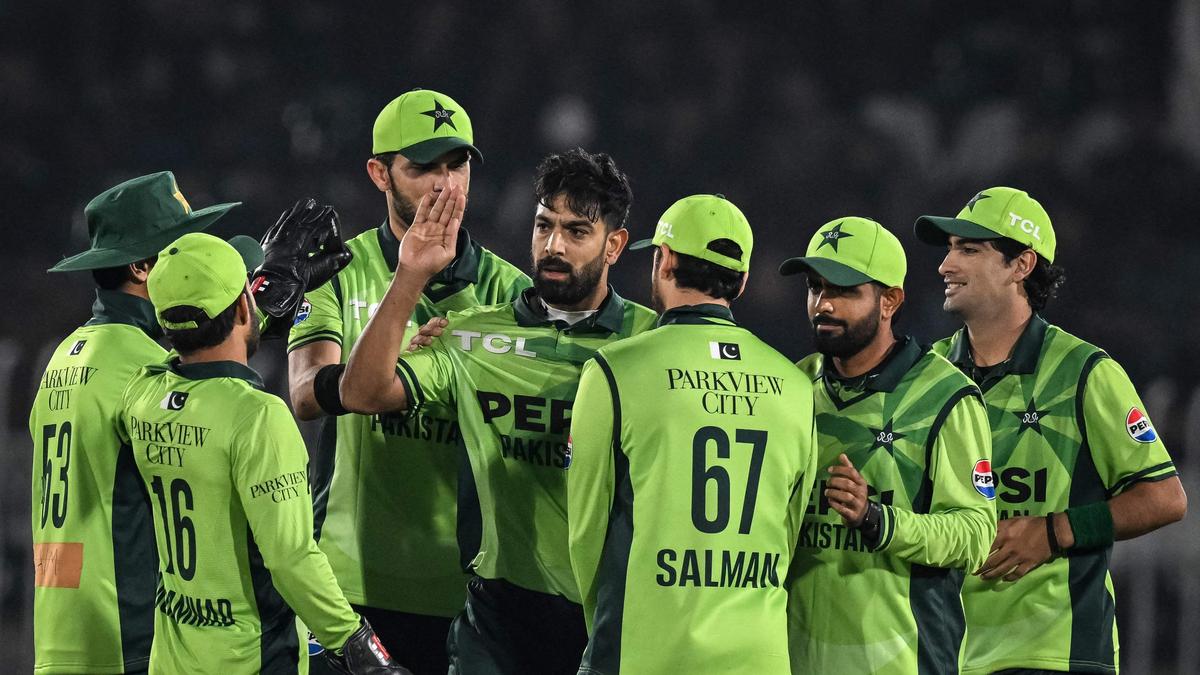How World Cup expansion is driving Asia’s naturalisation arms race

When the United Arab Emirates line up against Iraq on Thursday for the fifth and final round of Asian qualification for next year’s World Cup, it is likely that over half of the home starting XI in Abu Dhabi will be foreign-born. The UAE are, however, merely another participant in a naturalisation arms race in the continent that has been boosted by the expansion of the World Cup from 32 teams to 48.Asia’s allocation has doubled from four automatic spots in Qatar to eight in North America, opening up the tournament to a new array of contenders desperate to play on the greatest stage of all. Japan, South Korea, Iran, Saudi Arabia and Australia have historically dominated World Cup qualifying, with North Korea the most recent outlier in 2010. Those six are the only teams from the Asian Football Confederation to make more than one appearance at the tournament.The relative lack of World Cup places for Asian nations over the decades has led to some federations from the continent lacking motivation in regards to qualifying. Fifa’s expansion has changed that. In addition to the usual suspects who have already qualified for 2026, Uzbekistan, for some time the loudest knocker on the door of the exclusive club, have made it, as have Jordan. UAE and Iraq – whose sole appearances came in 1990 and 1986 respectively – also have a chance. Others further down the rankings now see the World Cup as a real possibility and if foreign-born talent can give them a quick push in that direction, then few seem to complain.“The expansion has fuelled this drive to naturalise,” Shaji Prabhakaran, a member of the AFC’s executive committee, said. “More World Cup places mean more hope for countries everywhere and more opportunities. They feel that if they pursue a program of naturalisation then they can fast-track to improve their quality, performance and results and so they have a chance to qualify.”Bringing in overseas talent is not new, of course. Qatar went big in the 2000s to the extent that Fifa tightened eligibility rules. These days, players must have family connections or have played in the respective domestic league for five years. The latter is the preferred method of the UAE, who have naturalised Brazilians, mainly. Lucas Pimenta, Marcus Meloni, Luanzinho, Bruno Oliveira, Caio Lucas, and Caio Canedo have been named in the latest squad. Nicolás Giménez and Gastón Suárez are Argentine-born, and there are others from Morocco, Tunisia and Côte d’Ivoire. UAE’s Romanian coach, Cosmin Olaroiu, could almost select an entire team born outside the Gulf State.Indonesia came closer to qualifying for the World Cup than at any time since 1938, making it to the final 12, with that progress in large part down to the Football Association of Indonesia taking advantage of ties to the Netherlands, a former coloniser. Barely a month has gone by in the past year or two when a Dutch-born player with an Indonesian grandparent has not headed to the nearest embassy to be given a passport. At times there were eight or nine European-born starters in Indonesia’s starting XI, changing the nature of the team to an extent that Patrick Kluivert got the coaching job in January.Talents such as Kevin Diks, who scored his first Bundesliga goal for Borussia Mönchengladbach at the weekend, have made a real difference, and the hope in Jakarta is that as Indonesia gets closer to reaching a World Cup, more talented players who are eligible to play for them will consider donning the red and white if the oranje is not guaranteed.Indonesia have become the strongest national team in south-east Asia and their rapid rise undeniably played a part in Malaysian thinking. In September, Fifa accused the Football Association of Malaysia (FAM) of forging documents of seven players from Brazil, Argentina, Spain and the Netherlands to claim they had grandparents born in the country. Those seven all played in a 4-0 win against Vietnam in June, Malaysia’s best result in years, and were subsequently suspended from representing the country for one year, while the FAM was also fined $438,000 (£333,000).The case has now been referred by Malaysian officials to the court of arbitration for sport, but it too highlighted the impact of naturalisation and, in that regard, it is unlikely to be a coincidence that there followed reports of the Vietnam’s Football Association having their eye on three or four Brazilian-born players who, next year, will reach the five-year mark in the V-League. Sri Lanka have also seen their fortunes improve, in part due to an influx of players born in Europe and Australia.The UAE often play in front of four-figure crowds at home but there are no tickets left for the 36,000-capacity Mohammed bin Zayed Stadium for Thursday’s first leg against Iraq. Quite clearly when a World Cup is on the horizon, success-starved supporters do not mind too much who plays for their national team. The dream is still on.




.jpg)








